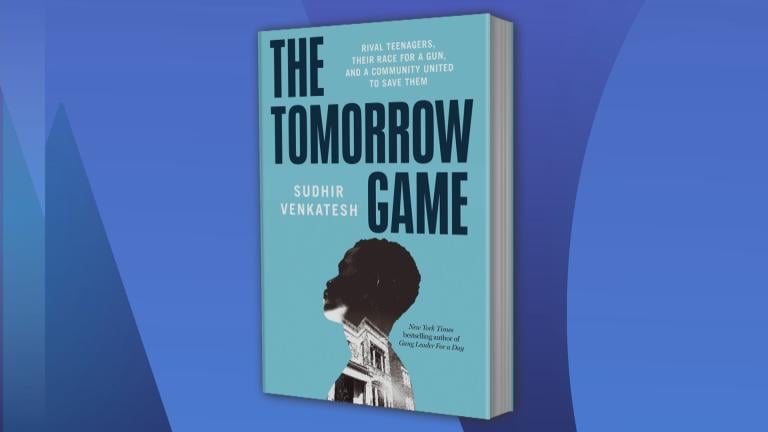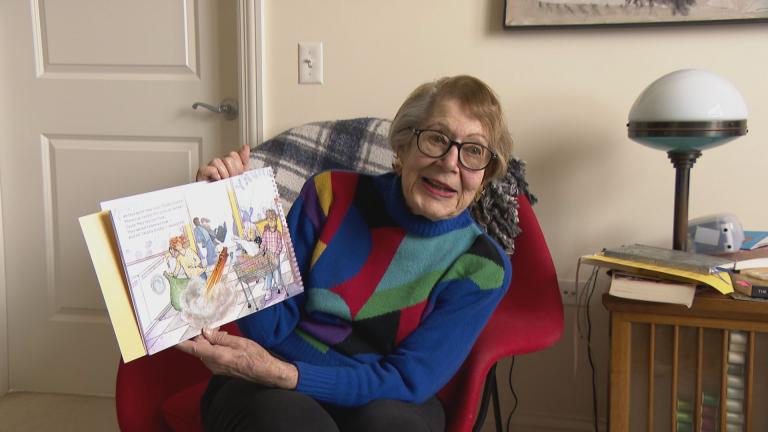His voice is unmistakable.
It has resonated through some of the world’s most historic moments – even those when the Rev. Jesse Jackson made history himself.
“I think each generation must know what the connection points are,” he said of those historic moments. “There are some universal speeches in this book that show the continuity in our struggle.”
Jackson is referring to is his latest book, “Keeping Hope Alive,” a collection of 25 speeches he’s given over the years.
The speeches range from commemorating the 50th anniversary of the March on Washington, to both of his runs for president in 1984 and 1988.
Earlham School of Religion theology professor Grace Ji-Sun Kim edited the book.
“It’s a living historical document. So important for young kids to read it and find where Rev. Jackson has come from and where he is actually still going,” Kim said.
Some might say Jackson himself is living history, having marched with civil rights icon Martin Luther King Jr., witnessed the release of Nelson Mandela from a South African prison and watching Barack Obama become the first black president.
“When Dr. King was killed there were two major black mayors: Richard Hatcher in Gary and Carl Stokes in Cleveland,” he recalled. “Now, there’s several hundred black mayors and 55 Congresspeople and 38 Latinos. We are a more diverse country. But we didn’t inherit it, it was not inevitable. We fought for it every step of the way.”
He recalled what his campaign was like during those two runs for the Democratic nomination for president.
“We were campaigning, we were crusading, staying in people’s homes,” he said. “That’s how I got a sense of the country. And so when I spoke about the coal miners, I [had] stayed in their homes. I didn’t stay in hotels, we couldn’t afford it.”
In 1984, he argued for, and received, a change in the rules of how delegates are apportioned during the national convention. In classic Jackson fashion, he has a name for that.
“We democratized democracy,” he said. “We changed it into proportionality.”
Jackson, 78, is also fighting for his physical health. A Parkinson’s disease diagnosis last year has slowed him down.
He admits it’s been a challenge, especially when it comes to speaking.
“In some ways it is. But I do a lot more thinking and writing these days. It’s tough, but very good. I take my medicine and my therapy, and my mind: I keep working. Working, working, working – it doesn’t matter so much.”
But he feels positive about his prognosis, and as one to never give up, he’s still advocating for the rights of the poor and keeping hope alive.
“Movements are never led by cynics, [we’ve] never made progress through cynicism. But by hope, against the odds, keep hoping, keeping moving,” he said. “Must keep our hope alive, keep our ambition alive, keep dreaming.”
Follow Brandis Friedman on Twitter @BrandisFriedman








